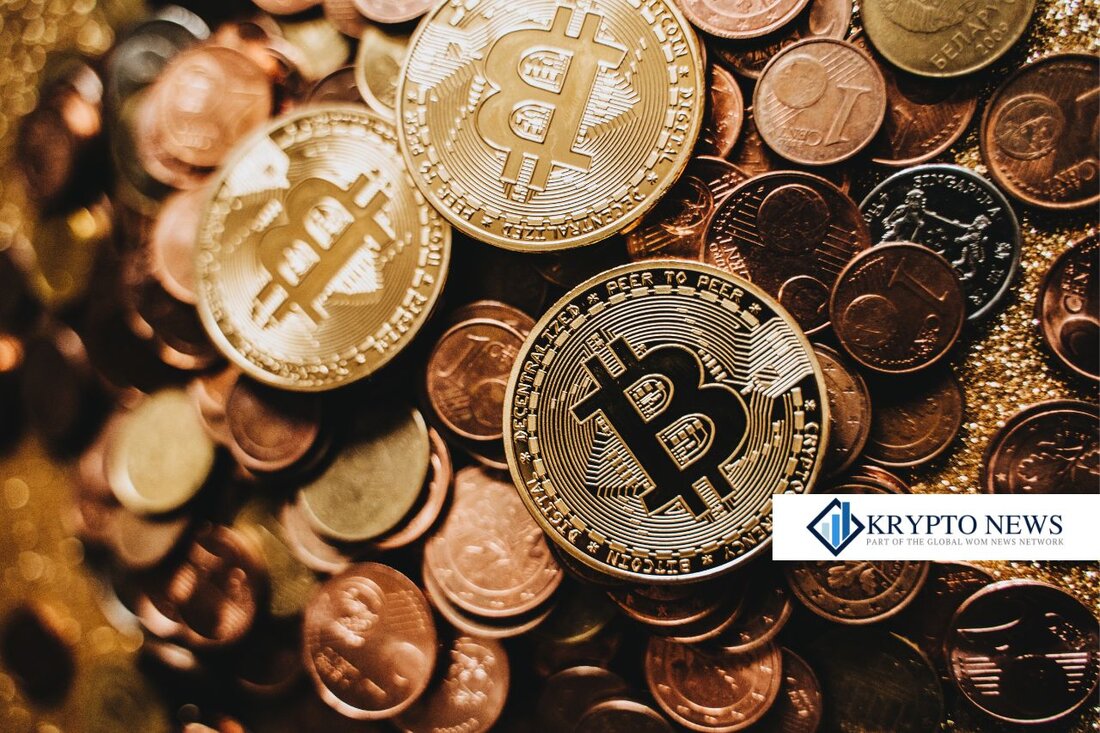Stable coins dominate the transfers in South Korea - regulatory gaps before the elections in the focus
Stable coins and their role in South Korea's crypto market in the first quarter of 2023 stablecoin transfers have identified 47 % of the crypto transactions made from South Korea. This development raises questions about existing regulatory gaps, especially with a view to the upcoming elections in the country. Stable coins that are considered more stable in value are due to their properties for many investors ...

Stable coins dominate the transfers in South Korea - regulatory gaps before the elections in the focus
stablecoins and their role in South Korea's crypto market
In the first quarter of 2023, StableCoin transfers made 47 % of the crypto transactions made abroad from South Korea. This development raises questions about existing regulatory gaps, especially with a view to the upcoming elections in the country.
Due to their properties,stable coins that are more stable in value are attractive for many investors and users. They offer an efficient way to transmit values without the high volatility that are often associated with other cryptocurrencies. The increasing use of stablecoins shows that South Korea plays an important role in the global crypto marketplace.
At the same time, the high proportion of stablecoin transfers indicates regulatory uncertainty. This could lead to users looking for alternative ways to transfer their capital internationally. This trend could gain importance before the elections that may bring changes in legislation.
The South Korean government is now facing the challenge of creating suitable framework conditions in order to regulate the crypto market without hindering innovation and growth. A clear and transparent regulation could strengthen the trust of users and at the same time effectively regulate money laundering and other illegal activities.
In summary, it can be said that the development of the StableCoin transfers in South Korea not only reflects the dynamics of the crypto market, but also shows urgent need for action with regard to regulation. The upcoming elections offer an opportunity to think about the future design of the crypto regulations and at the same time to protect the interests of users.
 Suche
Suche
 Mein Konto
Mein Konto
